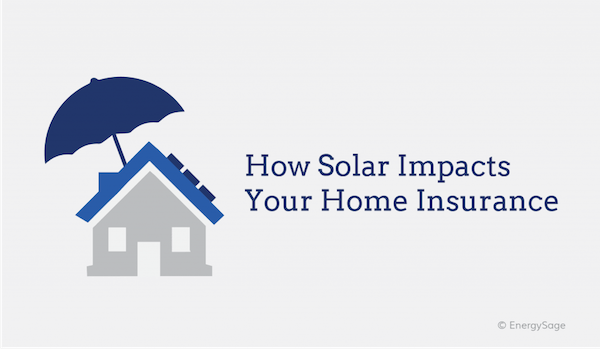Thanks to power company rules it s impossible across florida to simply buy a solar panel and.
Fpl solar panel law.
The widely publicized debate about the proposed amendment to the solar rights act led many homeowners to realize for the first time that net metering is a very generous incentive and that they should take advantage of it while they can on top of the federal 26 tax credit on a solar system for their home.
According to the florida statute section 163 04 no deed restrictions covenants or similar binding agreements running with the land shall prohibit or have the effect of prohibiting solar collectors clotheslines or other energy devices based on renewable resources from being installed on buildings erected on the lots or parcels covered by the deed restrictions covenants or binding agreements.
Since unveiling its 30 by 30 plan to install 30 million solar panels by 2030 in january florida power light fpl has continued to stoke its rapid expansion into solar power by adding a commitment to build 20 solar power plants and the world s largest solar battery storage site in manatee county.
We would like to show you a description here but the site won t allow us.
An association may require approval of a system installation and may establish restrictions for installations.
According to the smart electric power alliance sepa s 2019 utility solar market snapshot report fpl added more panels in 2018 than all but one other utility nationwide.
Home solar installations are typically tier 1.
They provide shade and harness the power of the sun while generating emissions free energy that benefits all of us.
Florida law requires net metering customers are compensated at the retail rate so fpl customers are credited for the energy produced by their solar systems at their electricity rate.
The florida solar rights act florida law forbids any entity including homeowner associations from prohibiting the installation of solar or other renewable energy devices on florida buildings.
Fpl s lobbying wing has fought hard against letting floridians power their own homes with solar panels.
As of june 2017 this was 10 8 cents kwh for residential customers using less than 1 000 kwh each month.
As pointed out by the miami new times florida power and light fpl a major supplier of electricity to the state has invested heavily in lobbying state lawmakers to disallow residents from.

